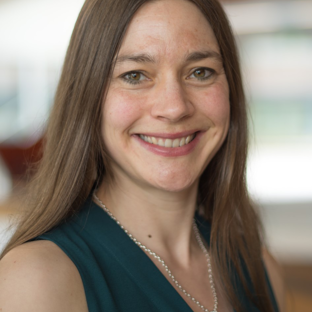While scientists and philosophers have pondered the question for years, still no one knows why, exactly, we dream. Some say dreams are a way to catalogue our memories, to develop our creative capacity, to train our emotional responses. To dream is to let consciousness and unconsciousness co-exist – but to what end?
As part of our Present Sense series – which explores the mysteries of human consciousness – this panel event takes a look at the science of dreaming and the role of an unchained imagination in making leaps in intelligence.
Host Hilary Harper will be joined by Professor Tom Drummond, Melbourne Connect Chair of Digital Innovation at the University of Melbourne, whose research focuses on machine learning in simulated environments, and Jenny Windt, philosopher at Monash University whose work explores spontaneous thought, for a discussion of just how far our minds can take us when they are allowed to wander.
Presented in partnership with Melbourne Monash Consciousness Research
Featuring

Jennifer Windt
Jennifer Windt is a senior research fellow at the Department of Philosophy and Monash Centre for Consciousness and Contemplative Studies at Monash University. Through her research, funded by the Australian Research Council ...

Tom Drummond
Professor Drummond is the Melbourne Connect Chair of Digital Innovation for Society at the University of Melbourne. Prior to July 2021, he was Head of Department of Electrical and Computer Systems Engineering at Monash University ...

Hilary Harper
Hilary Harper is a massive book and radio nerd – she's spent 30 years on air, 20 at the ABC, and as far as she knows, is the only person to do a traffic report in haiku. She presented Life Matters for six years, and is now ...
